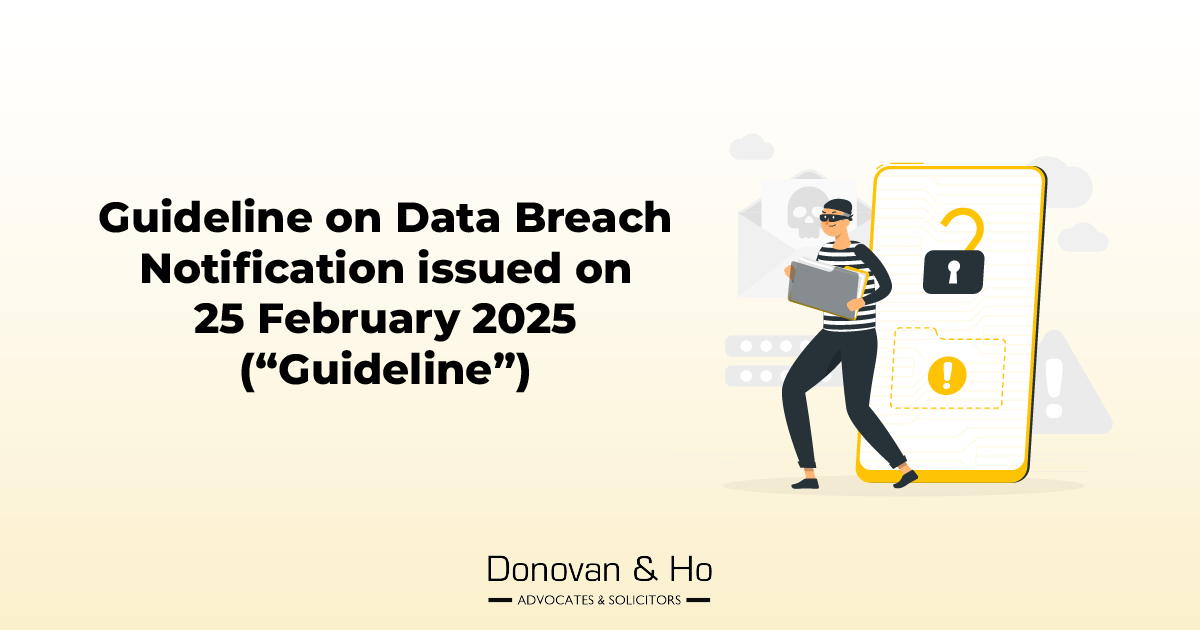This update is most relevant to Micro, Small, and Medium Enterprises (MSMEs) in Malaysia. It provides an overview of the new qualifying criteria for audit exemption for private companies (Sdn. Bhd.) effective for financial periods beginning on or after January 1, 2025.
Introduction to Audit Exemption
Audit exemption refers to the removal of the mandatory audit requirement under the Companies Act 2016 for certain private companies. On December 16, 2024, the Registrar of the Companies Commission Malaysia issued Practice Directive No. 10/2024 (“P.D. 10/2024”), introducing new qualifying criteria for audit exemption. These amendments aim to reduce the regulatory burden and compliance costs for micro-businesses and SMEs, allowing them to allocate more resources toward business growth and development.
Qualifying Criteria
A private company qualifies for audit exemption if it fulfils at least two (2) of the following criteria:
|
Annual Revenue: |
Annual revenue during the current financial year and in the immediate past two financial years do not exceed RM3,000,000. |
|
Total Assets: |
Total assets of the company in the current statement of financial position and in the immediate past two financial years do not exceed RM3,000,000. |
|
Number of Employees: |
Number of employees at the end of the current financial year and in the immediate past two financial years do not exceed 30. “Employees” means full time employees and include local, foreign, contract workers and workers undergoing probationary period but excluding:
|
Implementation Timeline
The new audit exemption criteria will be implemented through a phased approach over three (3) years. The thresholds will increase incrementally as follows:
|
Year |
2025 (Phase 1) |
2026 (Phase 2) |
2027 (Phase 3) |
|
|
Financial Period: |
Commencing on or after 1st January 2025 until 31 December 2025 |
Commencing on or after 1st January 2026 until 31 December 2026 |
Commencing on or after 1st January 2027 |
|
|
Submission Year: |
Beginning from 1st January 2026 |
Beginning from 1st January 2027 |
Beginning from 1st January 2028 |
|
|
Thresholds: |
(a) Turnover |
RM1,000,000 |
RM2,000,000 |
RM3,000,000 |
|
(b) Assets |
RM1,000,000 |
RM2,000,000 |
RM3,000,000 |
|
|
(c) Number of Employees |
10 |
20 |
30 |
|
Non-Applicability of Audit Exemption
This audit exemption does not apply to the following companies:
- Exempt private companies that have opted to lodge a certificate as an exempt private company under Section 260 of the Companies Act 2016;
- Public companies, including listed companies;
- Private companies that are subsidiaries of public companies; or
- Foreign companies.
Audit Requirement Despite Exemption
Even if a company qualifies for the audit exemption, an audit is still required if:
- Members holding at least 5% of shares or voting rights requests for it.
- 5% or more of the total members eligible to vote request it; or
- the Registrar directs the company to have its accounts audited.
Additionally, if a private company is contractually required to have its financial statements audited (e.g. due to loan agreements or investor requirements), the audit must still be carried out.
Implications on Businesses
- Cost Savings – Audit exemption reduces the financial burden by eliminating the need for annual audits. Businesses can reallocate these savings toward other operational needs or investments.
- Reduced Administrative Burden – Annual audits are time-consuming. By eliminating this requirement, businesses can focus more on core operations, improving efficiency and productivity.
Conclusion
With this new audit exemption coming into effect this year, businesses should assess their eligibility and take proactive steps to ensure compliance. Understanding these new guidelines will enable businesses to make informed decisions about their financial reporting obligations moving forward.
***
This article was written by Low Rui Thong (Associate) from Donovan & Ho’s corporate practice.
Our corporate practice group advises on corporate acquisitions, restructuring exercises, joint venture arrangements, shareholder agreements, employee share options and franchise businesses, Malaysia start-up founders and can assist with venture capital funds in Seed, Series A & B funding rounds. Feel free to contact us if you have any queries.






